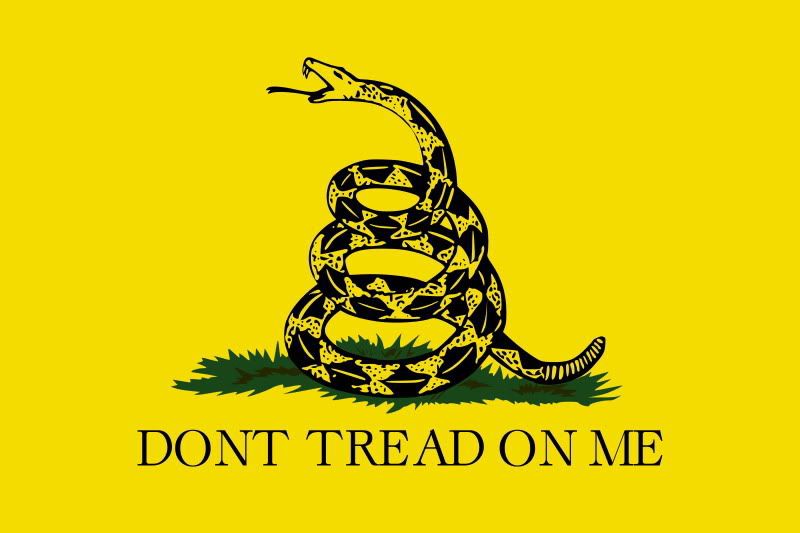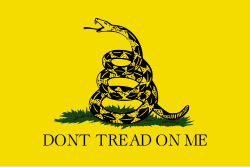House voted 219-212 tonight to pass Obamacare (34 Democrats joined Republicans in voting "no").
In
The Atlantic, Megan McCardle writes:
"I hope Obama gets his wish to be a one-term president who passed health care. ... because politicians shouldn't feel that the best route to electoral success is to lie to the voters, and then ignore them."
Read the
whole thing.
Last week, Democratic pollsters Pat Caddell and Douglas Schoen warned in the Washington Post:
Nothing has been more disconcerting than to watch Democratic politicians and their media supporters deceive themselves into believing that the public favors the Democrats' current health-care plan. Yes, most Americans believe, as we do, that real health-care reform is needed. And yes, certain proposals in the plan are supported by the public.
However, a solid majority of Americans opposes the massive health-reform plan. Four-fifths of those who oppose the plan strongly oppose it, according to Rasmussen polling this week, while only half of those who support the plan do so strongly. Many more Americans believe the legislation will worsen their health care, cost them more personally and add significantly to the national deficit. Never in our experience as pollsters can we recall such self-deluding misconstruction of survey data.
...
Health care is no longer a debate about the merits of specific initiatives. Since the spectacle of Christmas dealmaking to ensure passage of the Senate bill, the issue, in voters' minds, has become less about health care than about the government and a political majority that will neither hear nor heed the will of the people.
Voters are hardly enthralled with the GOP, but the Democrats are pursuing policies that are out of step with the way ordinary Americans think and feel about politics and government. Barring some change of approach, they will be punished severely at the polls.
(Emphasis added). We can hope. For change.
Read the
whole thing.






